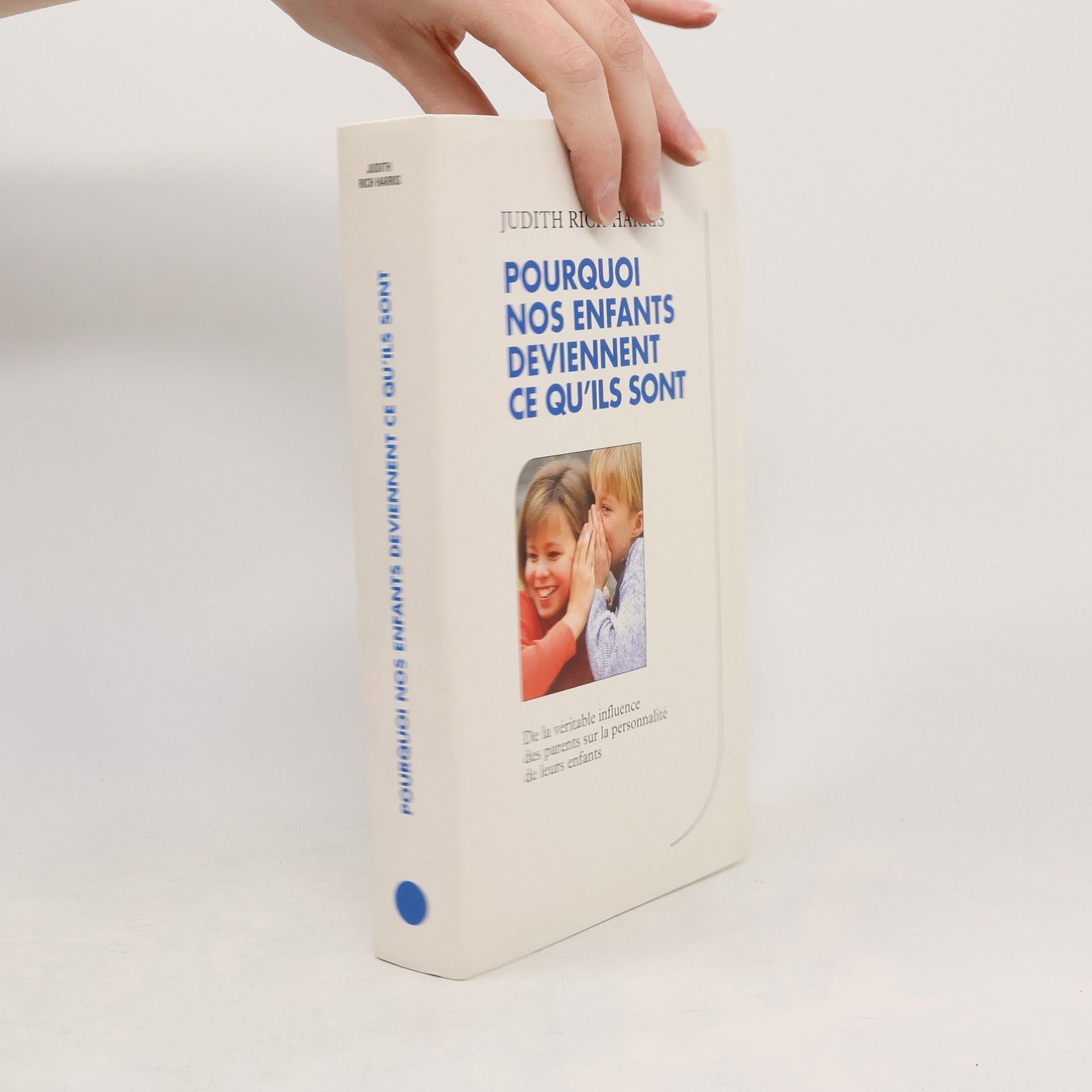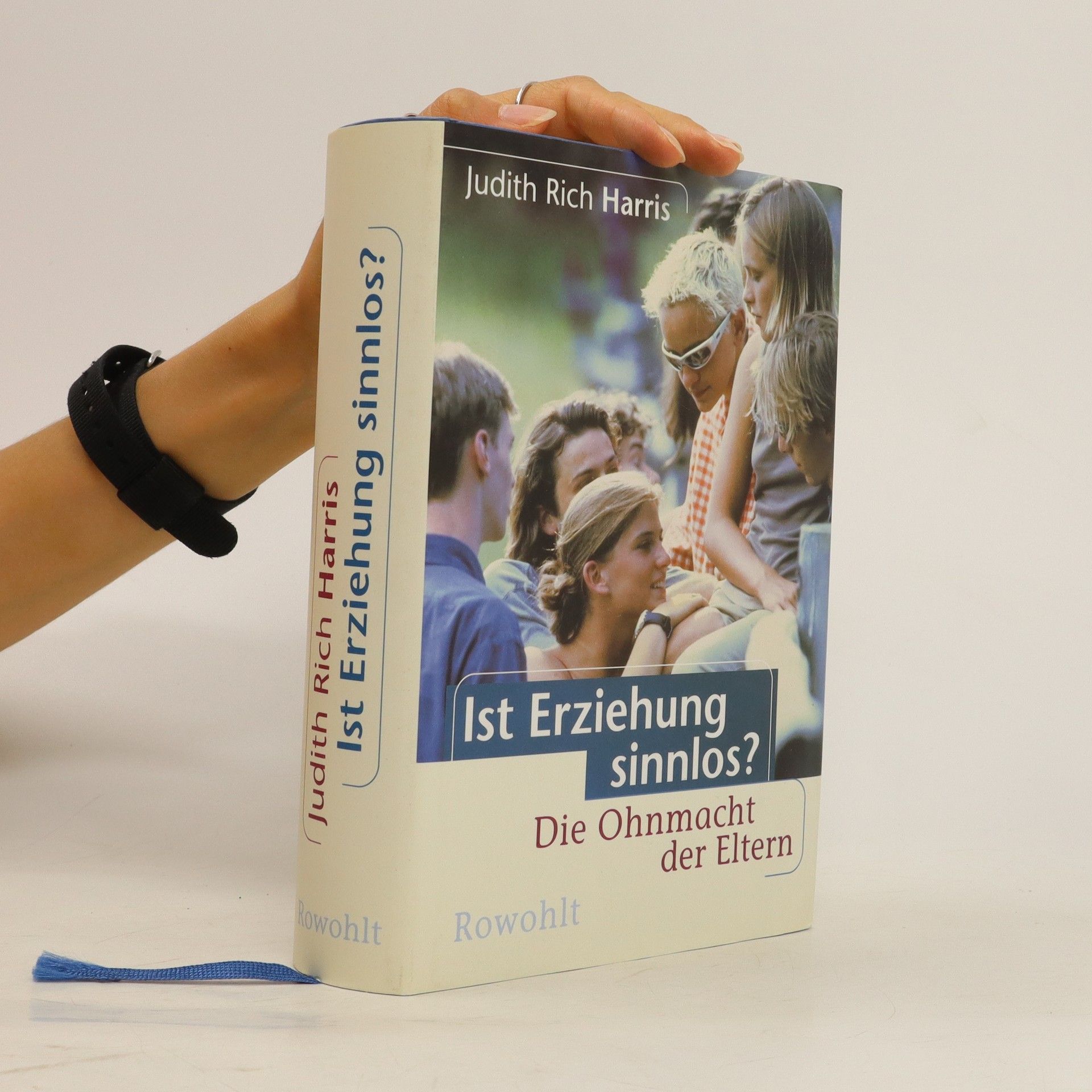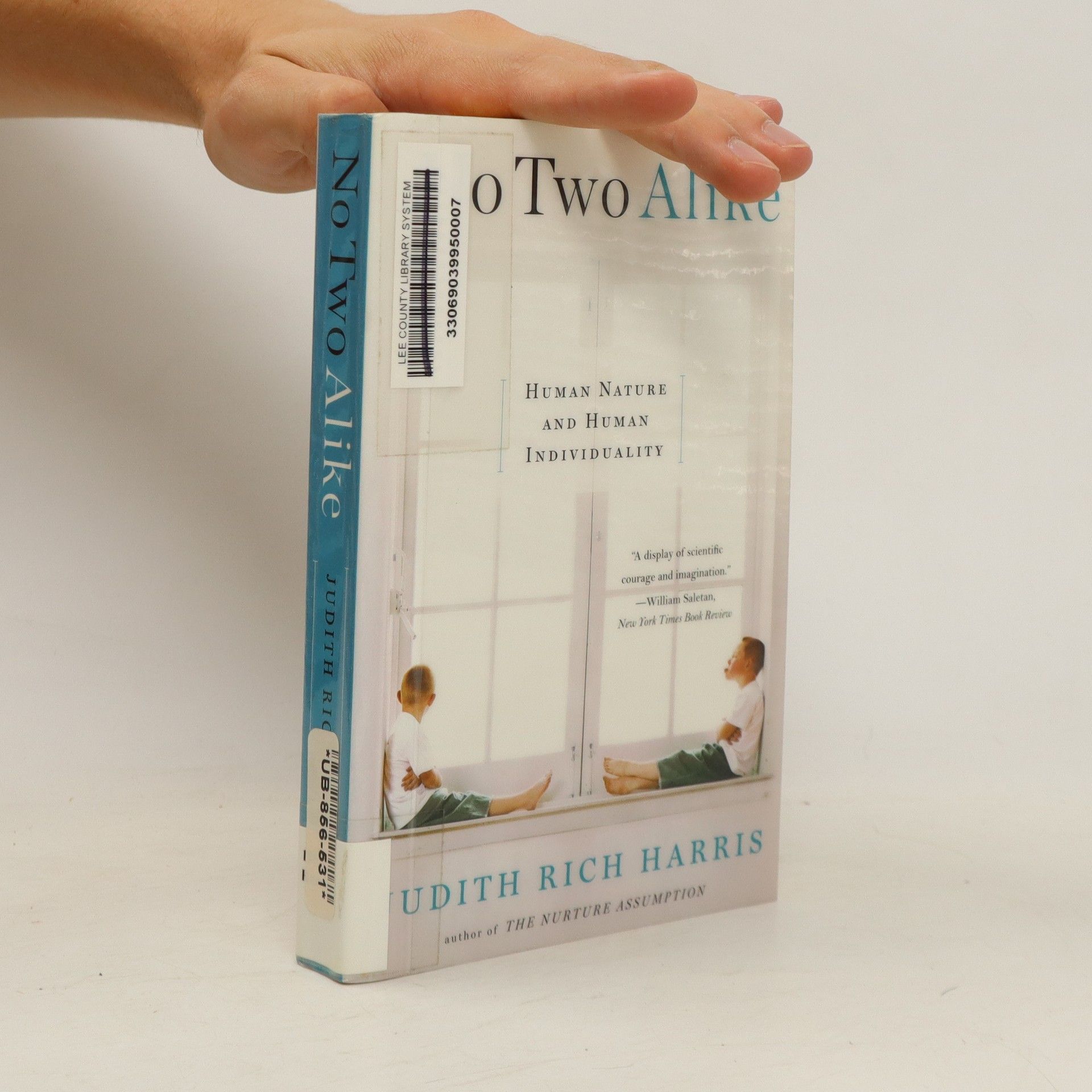Reflections from a Roman Lake
- 192 pages
- 7 hours of reading
Deep past and lively present intertwine in this captivating story of Trevignano Romano, a prize-winning resort village on the shores of the glimmering lake whose waters spurt from the fountains of Rome. The town history is unique, from Stone Age dwellers to Roman emperors, barbarian invaders, a medieval miracle worker and Renaissance warlords.



